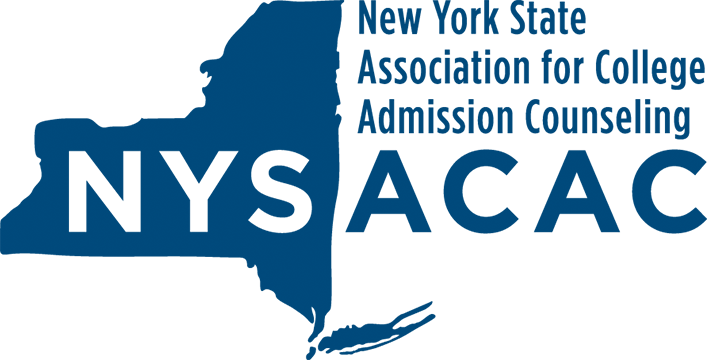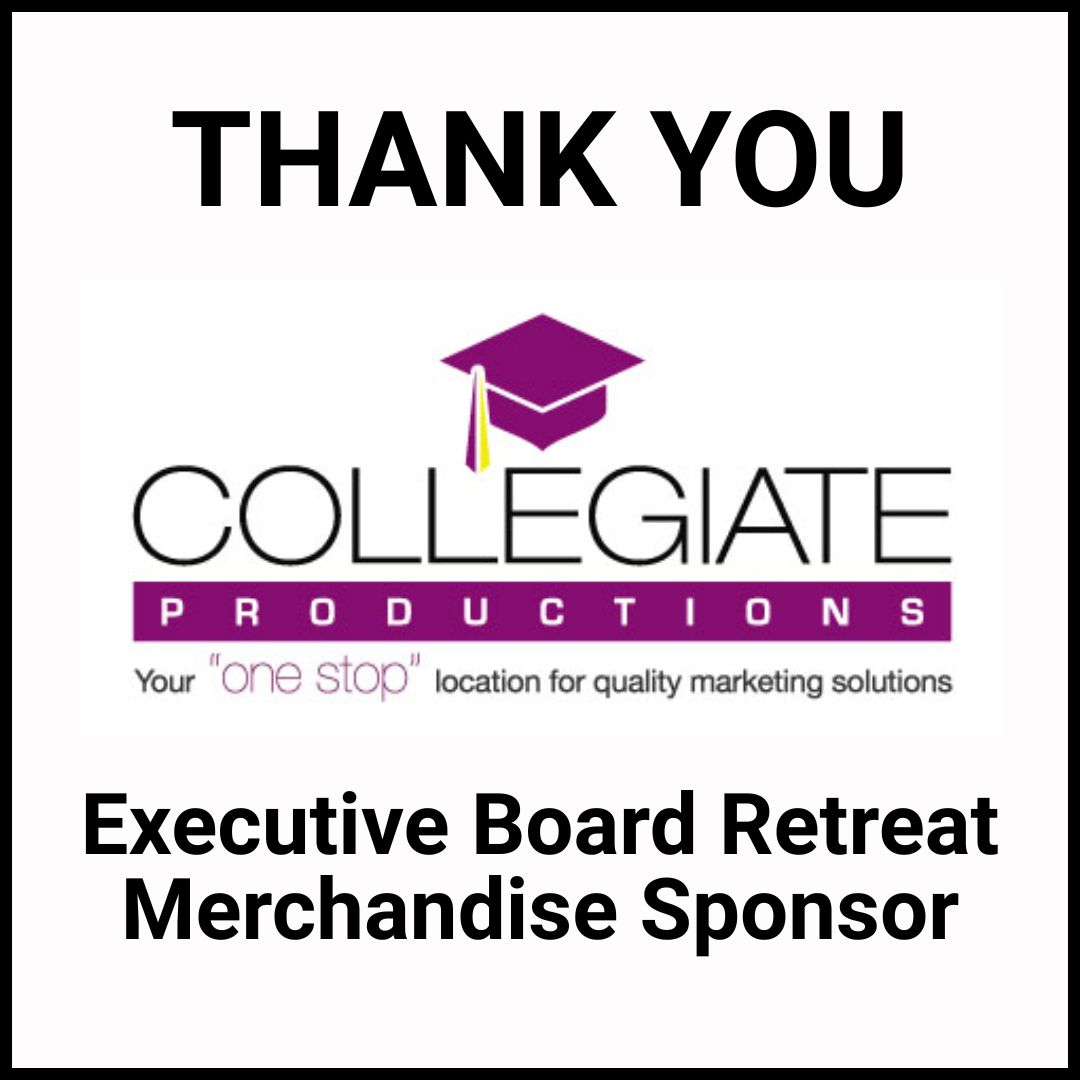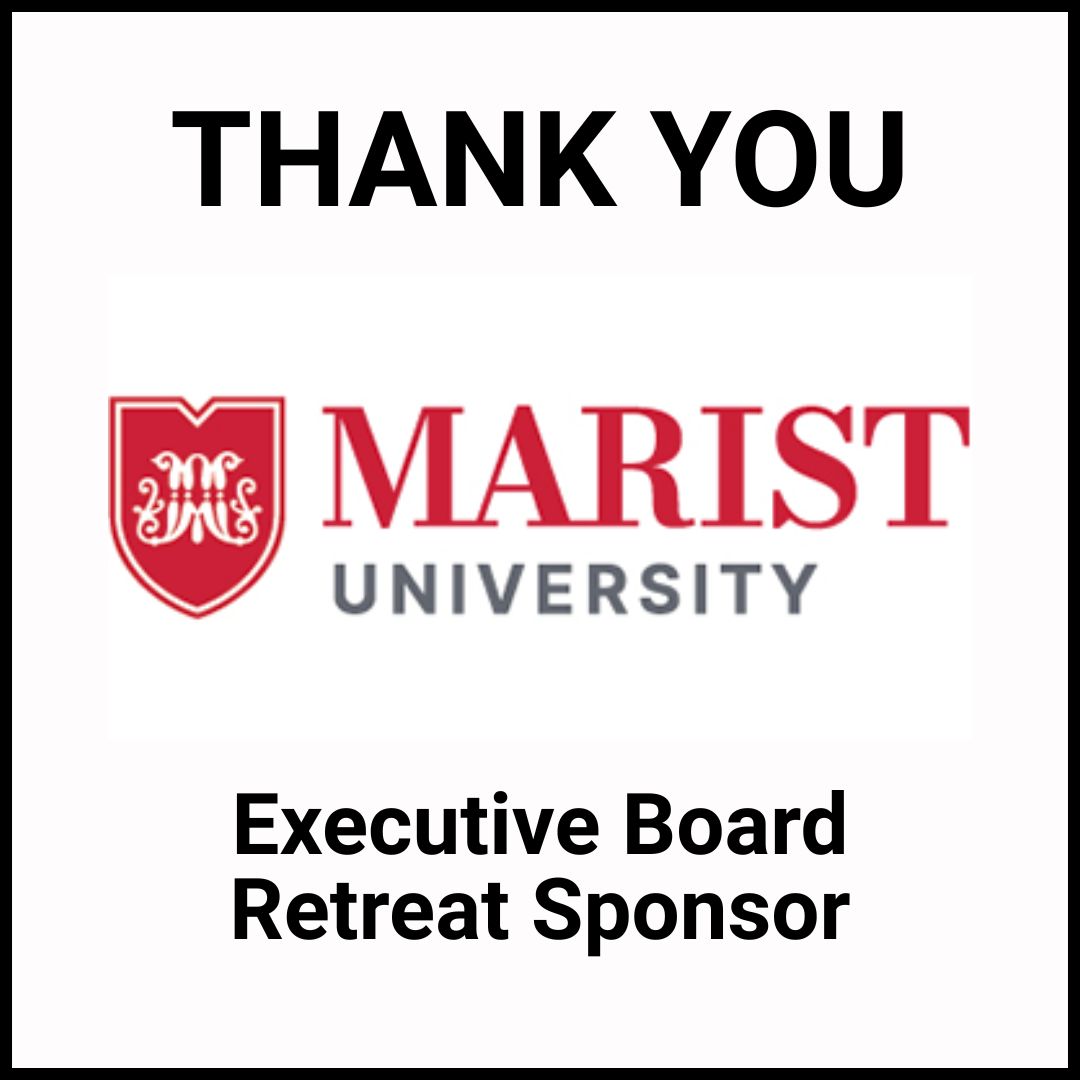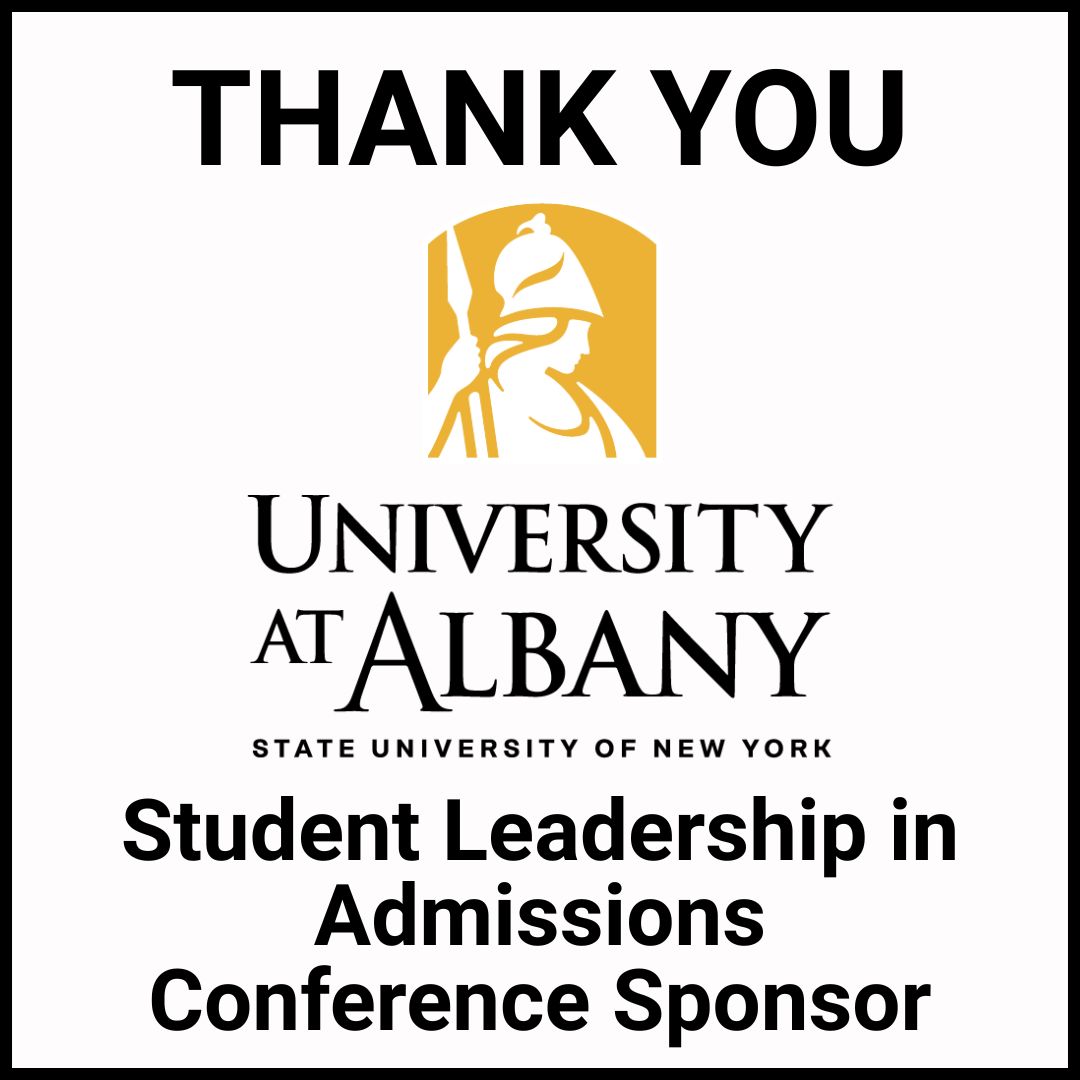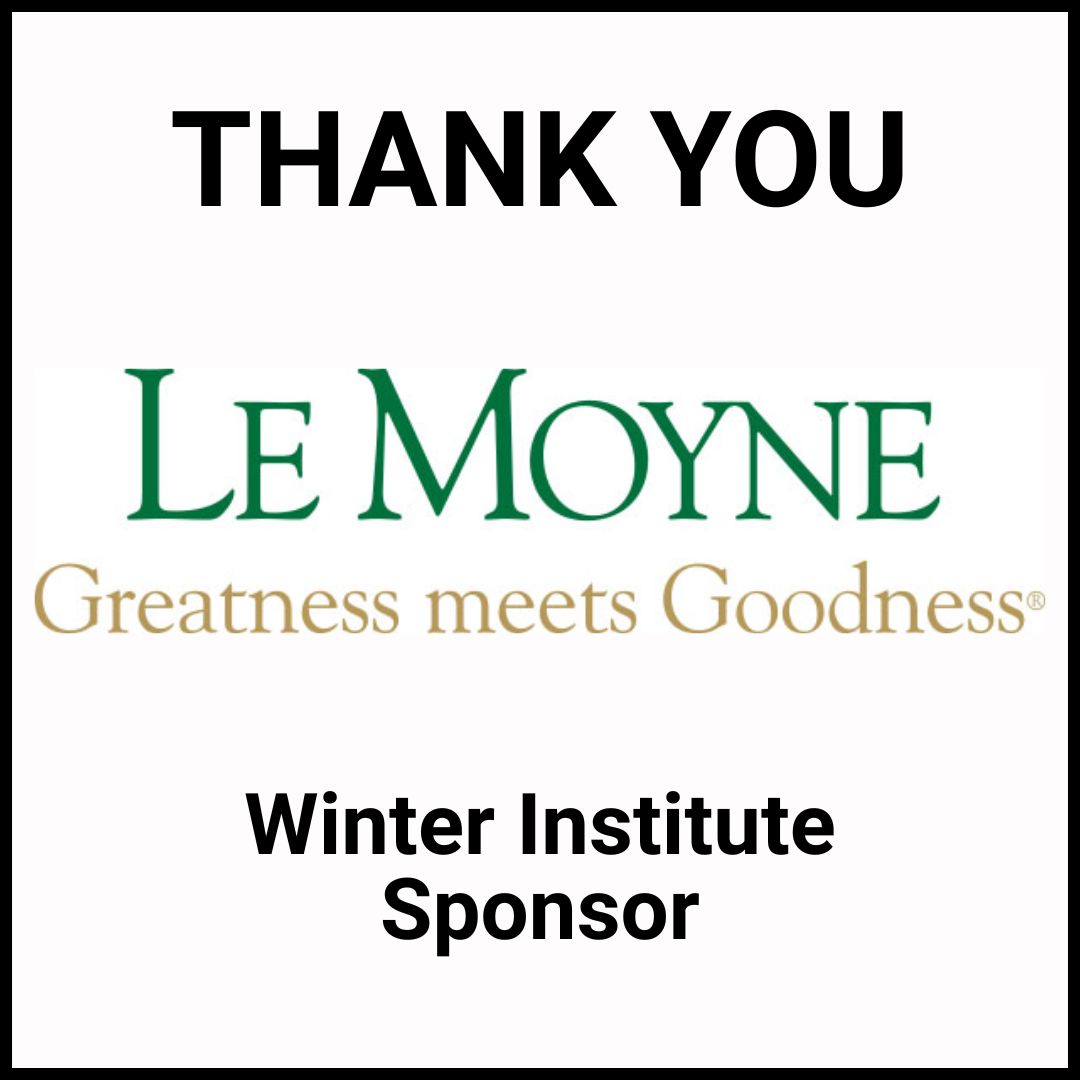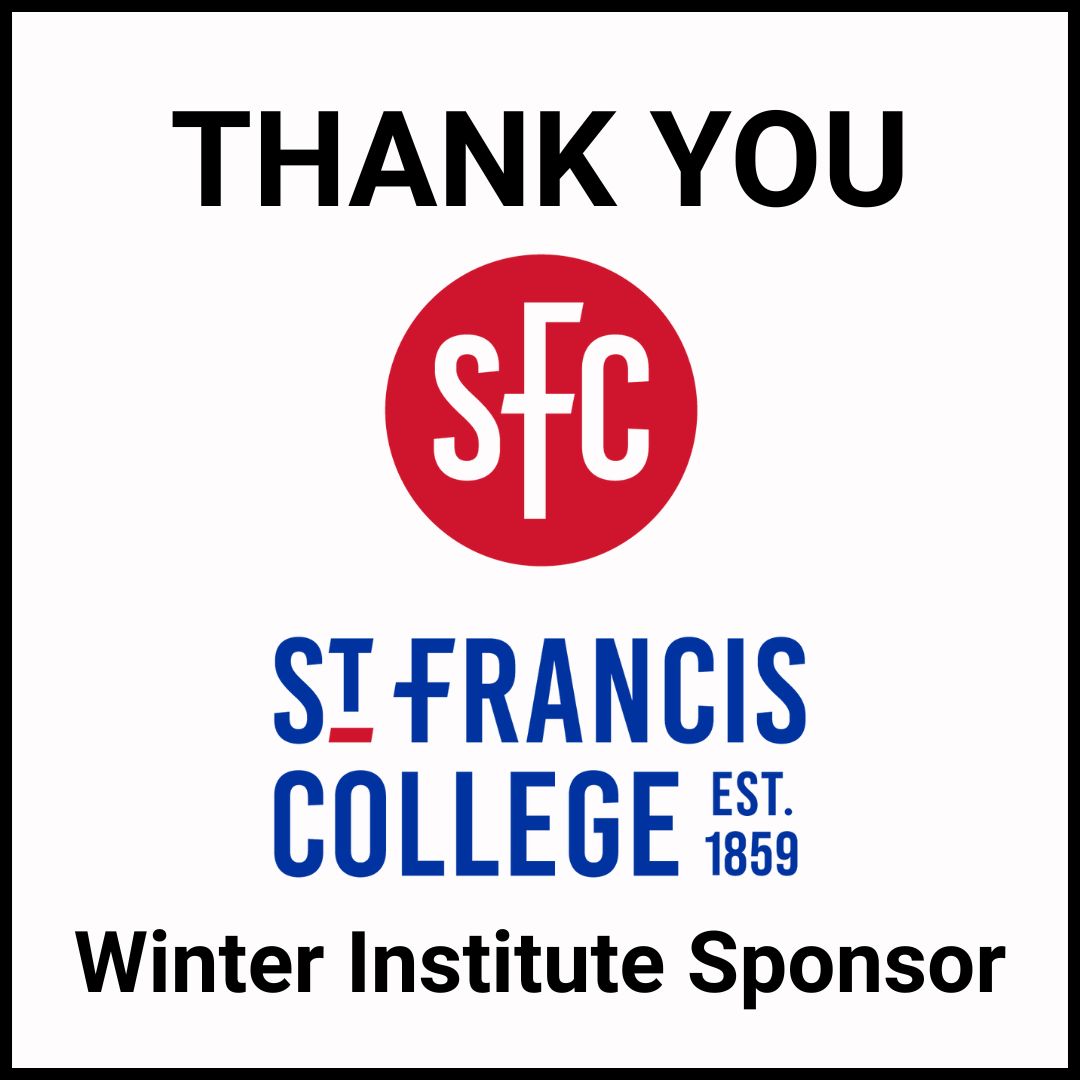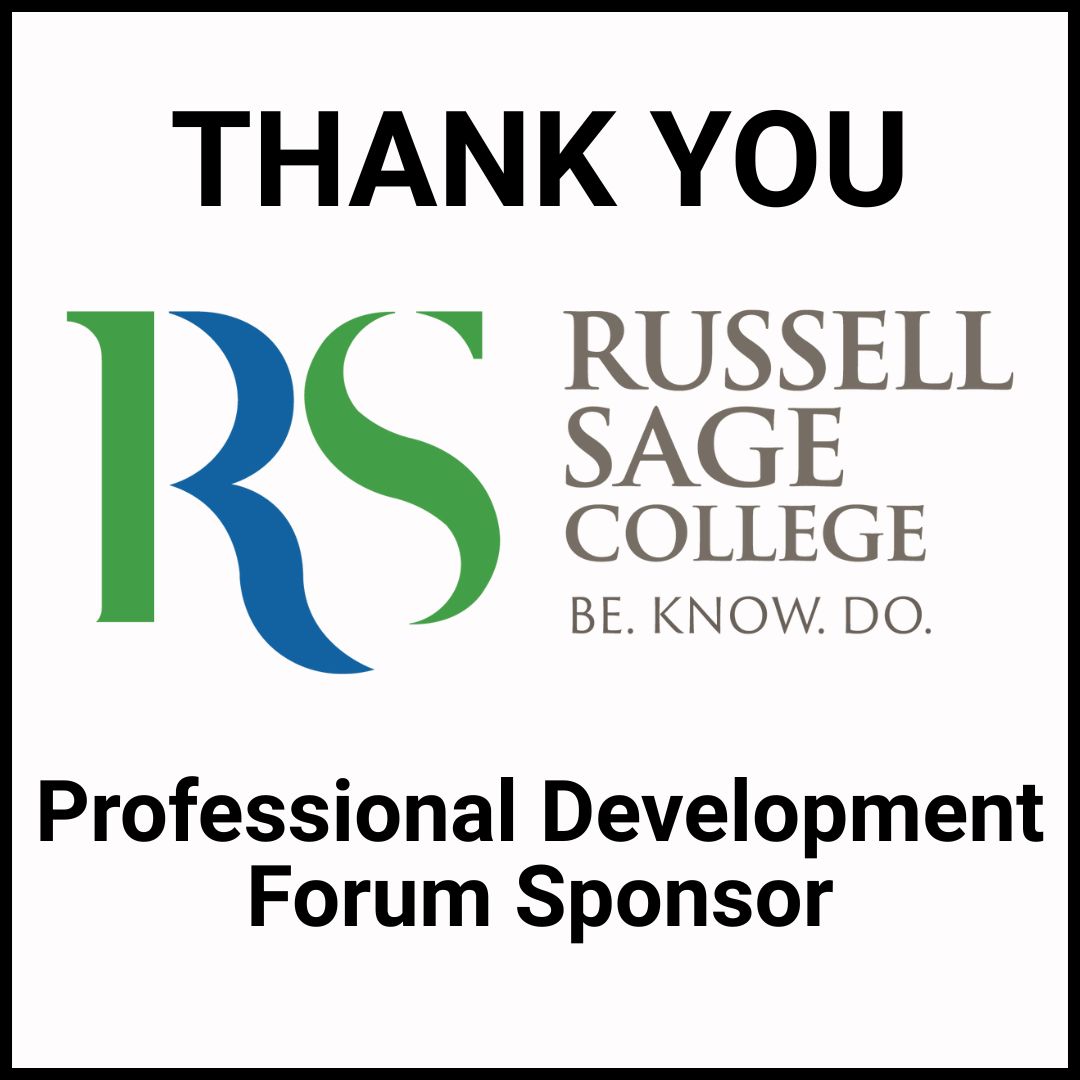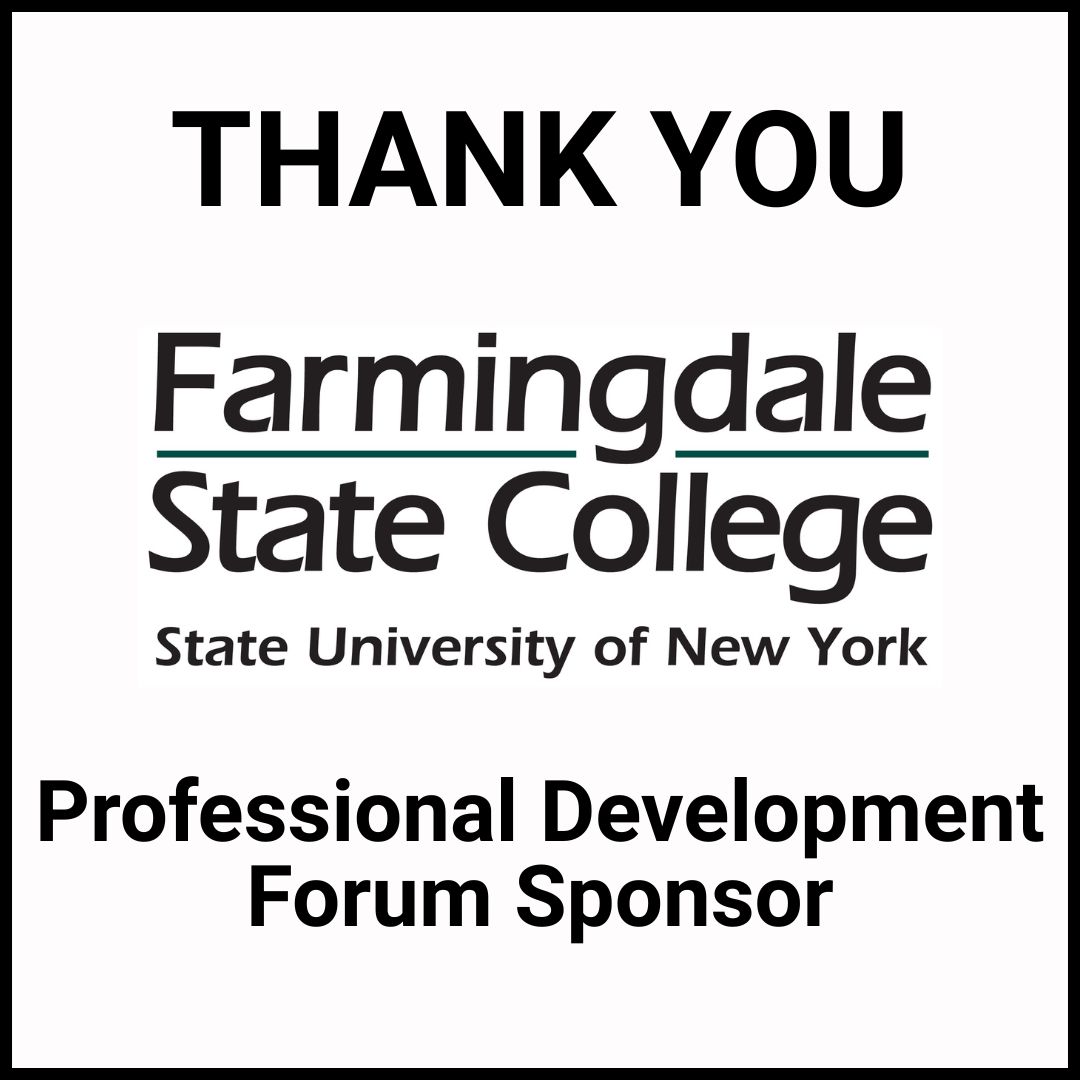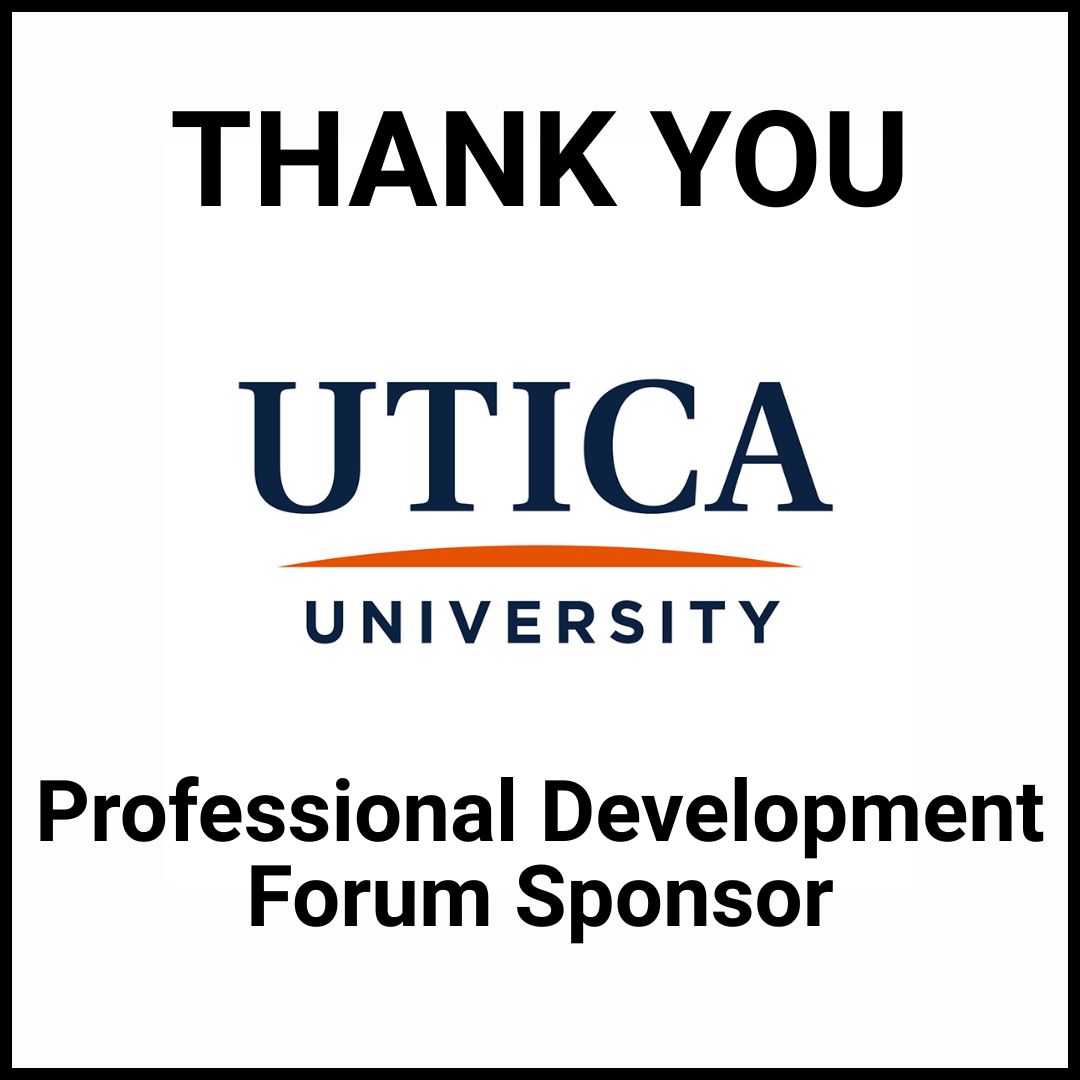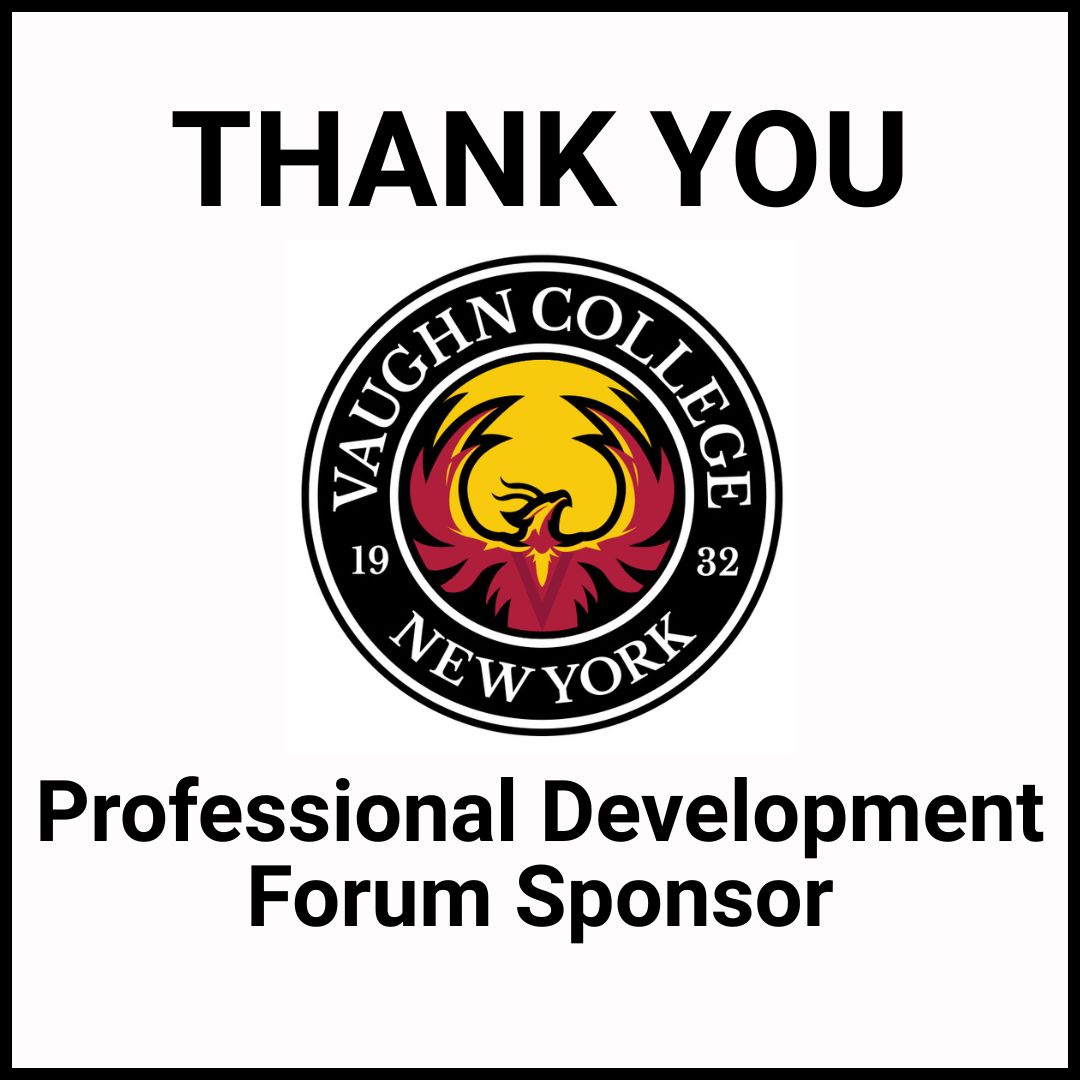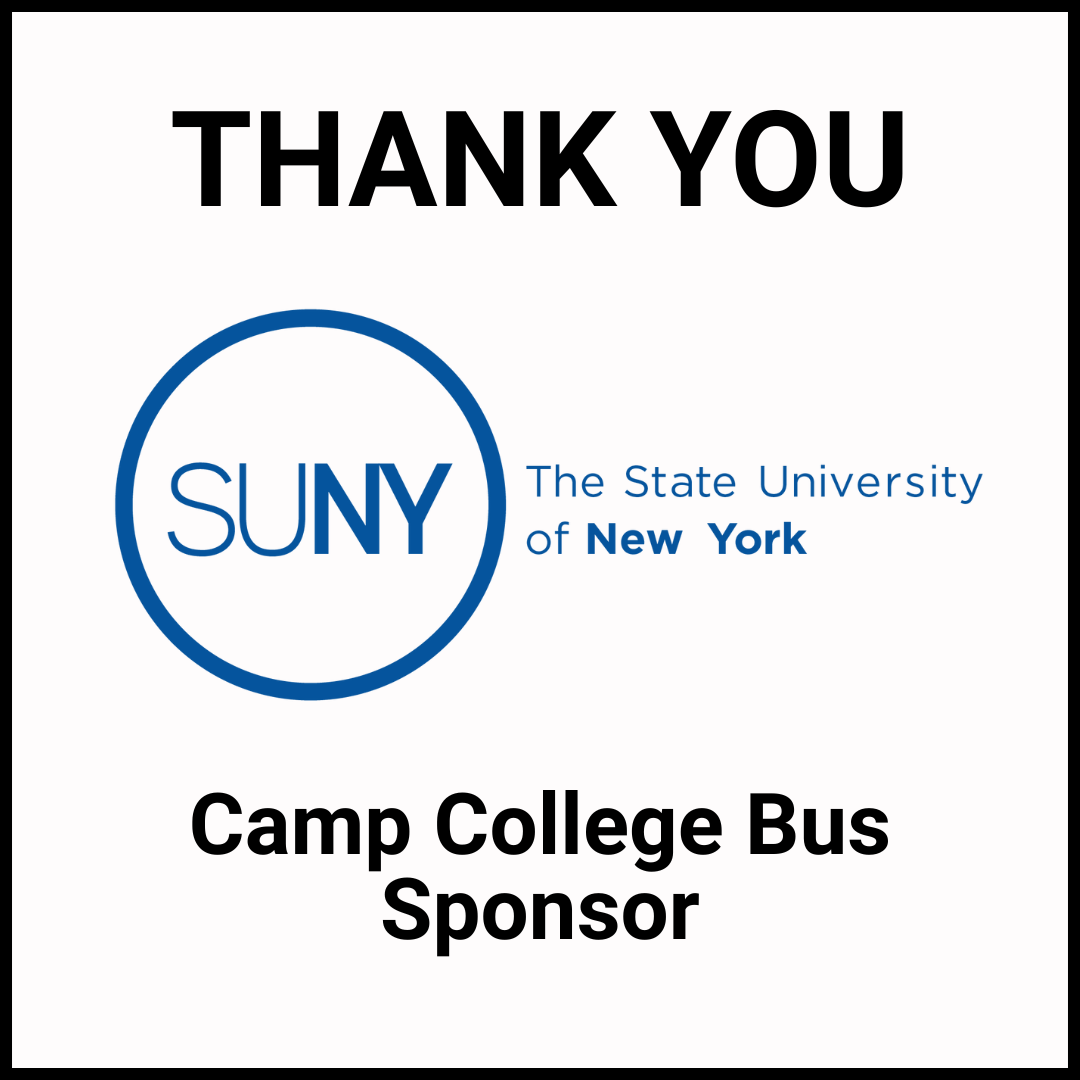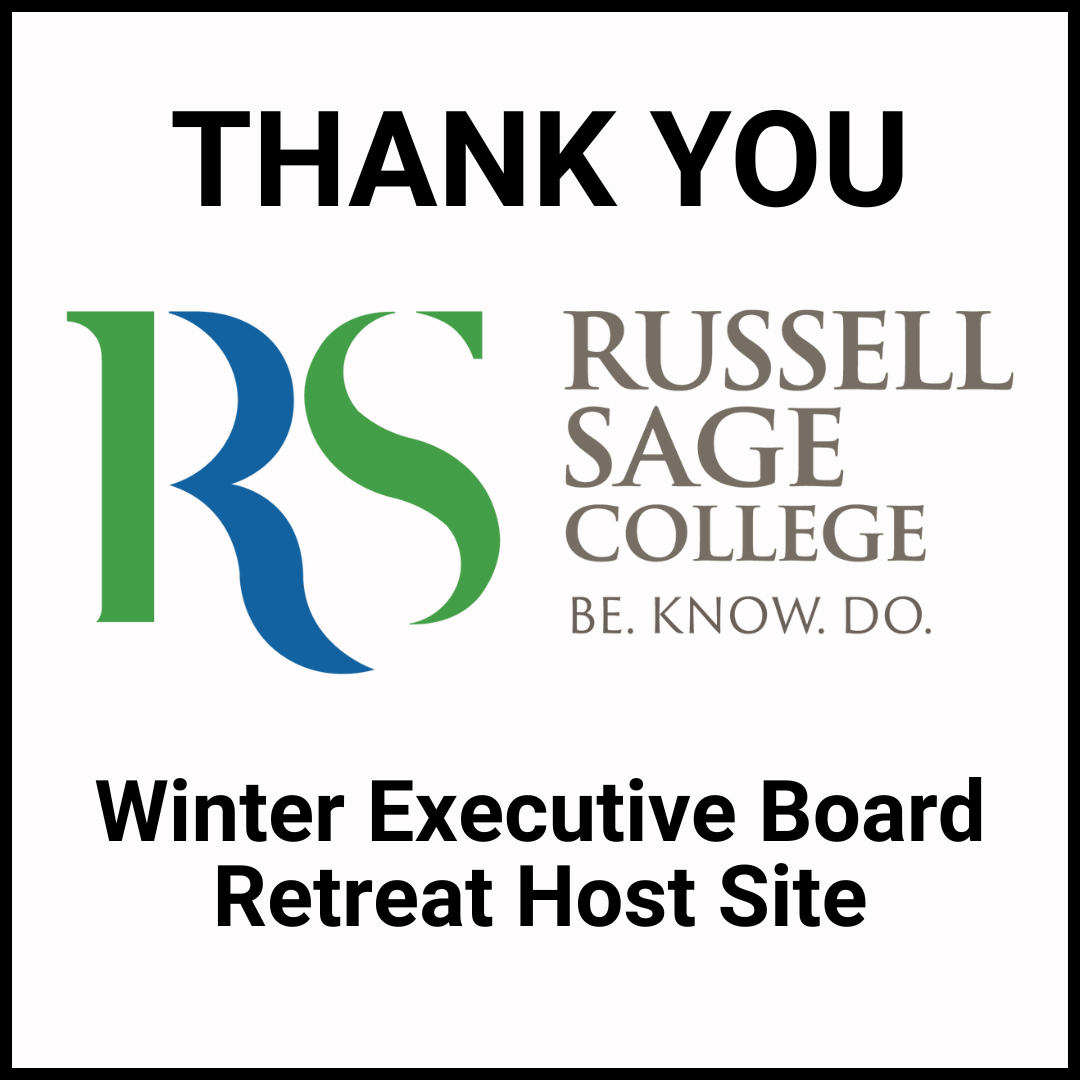- Home
- About
- News
- Government Relations
- Professional Development
- Community Outreach
- Donate
- Membership
|
Message from the President Cassie Magesis, NYSACAC President The Shutdown’s Impact January 15, 2019 I hope by the time you’re reading this that our government shutdown is a thing of the past. But as I write this, it has just become the longest government shutdown in American history with no end in sight. The huge, ever-present impacts of the shutdown are clear: thousands of federal workers (many of whom are still being asked to work) are not receiving the pay they deserve. The ripple effects from the shutdown spread much wider than just missed wages. Among many other things, it is impacting our students’ ability to correctly file for financial aid. While I am ever grateful that the Department of Education, and thereby Federal Student Aid, is fully funded for this academic year, the shutdown is still impacting our students’ applying to college. Because multiple federal agencies are closed as a result of the shutdown, we’re seeing an increase in FAFSA rejections because those agencies (ex: Department of Homeland Security) do not have the staff to authenticate student information on the FAFSA. We know how tenuous the financial aid process is and how easily it can get a student off track. For a student without the supports to navigate what a FAFSA rejection means and how to fix it, this could very well mean that this student will now believe that they are not eligible for financial aid. Outside of making our displeasure at the shutdown clear to our elected representatives, there is little we can do to end it. But at times like this, when I am frustrated and angry at the state of our country, I know the only thing that will make me feel better is to get to work. There is much work to do at all levels of our government and I am so looking forward to NYSACAC’s Legislative Advocacy Day on Tuesday, February 12 to get the opportunity to speak to our state legislators about ways our state’s higher education systems could be more equitable. I hope you’ll join us as we speak NYSACAC’s truth to those in power. ____________________________________________________________________________ 2019 NYSACAC Conference at Le Moyne College Updates Timothy Lee, PhD, Vice President for Enrollment Management at Le Moyne College Planning is well underway for the Coming Together and NYSACAC annual conferences at Le Moyne College. The Le Moyne community is excited to welcome all of you to campus June 4-7, 2019 for what will certainly be a memorable event. The NYSACAC Conference theme, Always Forward, is a pervasive and guiding way of thinking at Le Moyne that inspires our faculty and staff to create a transformative and fulfilling experience for our students during their time at Le Moyne and beyond. As admission and counseling professionals, we strive for this as well, as there is nothing more rewarding than seeing our students thrive. After a successful Super Conference with our New England counterparts, the conference returns this year to its more traditional roots with some new and expanded opportunities. More than 70 conference sessions are planned, along with networking opportunities for all attendees, vendor sessions, and a track of conference sessions geared for newer professionals. Plans are also underway for the College and CBO fairs, Chance Auction, Middle Management Seminar, and the Executive Leadership Forum. The conference will also have its share of fun, including:
In the coming weeks, look for announcements regarding registration, keynote speakers, and other important information. On behalf of the entire Le Moyne community, we look forward to welcoming you all to “The Heights” this June. ____________________________________________________________________________ Winter Institute 2019 Lisa Searle, Winter Institute Co-Chair On Friday, January 11, 2019, 60 new professionals from around the state gathered with seasoned mentors to engage in meaningful conversations focused on topics relevant to the early years in the field of college admission counseling. Participants discussed new trends in the changing admissions landscape, ethics in college admission counseling, financial aid, balancing institutional goals, access, and leadership, and effective communication. During the welcome at Utica College, Dean for Diversity and Inclusion, Alane Varga, spoke with participants about diversity, inclusion, and equity in daily work. “I challenge you to use the lens of diversity and inclusion to see yourselves as part of a larger community, and consider how your interactions with others can enhance your work as admission counselors.” She told participants that “Diversity, and the equity and inclusion related to diversity on college campuses, is always a work in progress. Think outside the box of what that means for how you can support students, get them connected in the ways they want to be, and represent what the college has to offer honestly and in good faith.” The Winter Institute committee extends its deepest thanks to the hosts for the program. With the support of Syracuse University’s Lubin House and Utica College, we were able to have a productive and energizing day. A special thanks to the presenters and mentors who shared their industry insight, expertise, and perspective with program participants - the day was a success because of you! ____________________________________________________________________________ NYSACAC Spring Forums Sheryl Kavanagh and Jatae Daly Beard, Professional Development Committee Co-Chairs
We are excited to announce the topic and dates for this year’s Professional Development Regional Forums. Join us for a discussion on Mental Health Issues in Admissions. We will talk about the ways counselors from both sides of the desk are assessing and addressing needs demonstrated by students at various stages from the admissions process through matriculation. Our panelists and guest speakers will be college admissions counselors, mental health specialists, and directors of college counseling. They will share information and explore ways we can best support our students and families in transitioning into college. Participants will be able to share in the conversation and leave with resources for your toolkit. Forums will begin with check-in and continental breakfast at 9:00 am and will conclude by 12:00 pm. This year’s dates and locations are: College of St. Rose: Monday, March 11 University of Rochester:Wednesday, March 13 Fordham University: Friday, March 22 St. Joseph’s Patchogue Campus: Friday, March 29 SUNY Oswego Syracuse Campus: Friday, April 5 D’Youville College : Friday, April 12 Forums are free of charge for NYSACAC members. Non-NYSACAC members will be charged a small fee of $20.00. Our mission is to provide access across New York State so that school counselors and college admission officers may easily connect and access information. ____________________________________________________________________________ It Takes A School: Book Review Kate Budzinski, Senior Associate Director at Marist College A day in the life of an admission or school counselor professional may include: writing letters of recommendation, singing your college’s praises during an info session, providing unending advice to young minds, and much more. But does your day include recruiting students far and wide among nomadic families for a brand new secondary school in a failed state? For Jonathan Starr, the answer is yes. Starr, a former hedge fund manager turned headmaster, opened and operates The Abaarso School in Somaliland. In It Takes a School, he narrates the school’s journey from idea to inception, illustrating the many hurdles faced along the way. I was most struck by the students Starr introduces to the reader and how their stories unfold. Notably, we are acquainted with Mubarik, who has “rarely encountered people outside of his own nomadic tribe,” and is unaware of the fact that Somalia experienced a military coup and his current home, Somaliland, “was now fighting to regain its independence.” Starr anecdotally speaks of a time when Mubarik saw a truck transporting people across the desert and he thought it was a high-speed camel. This is the sort of isolation many of Starr’s students experienced prior to coming to Abaarso. The “three Abaarso values—tenacity, critical thinking, and integrity” paired with the intense curriculum take students from classrooms riddled with cheating and corruption and mold them into the academically capable, confident individuals they were yearning to be. Starr has fought to create paths to US colleges and universities, where many of his Abaarso graduates thrive. Students have attended such institutions as Harvard, Grinnell, Oberlin, and MIT, to name a few. On a more personal note, a handful of Abaarso graduates have found their way to Marist College and shared their diverse upbringing with the larger community. Amal Mohamed, a Communication major, has completed internships with Macmillan Publishing, 60 Minutes, and United Talent Agency, all within the journalism and public relations fields. She is currently working as a Broadcast Assistant with CBS News. Qadan Mohamed, a current Marist senior coming from a nomadic family, studies psychology, business, and cognitive science and is a member of the honors program. Qadan has been a positive presence in our admission office throughout her four years and is one of our greatest ambassadors. After graduation in May, Qadan plans to return to Somaliland and work in the first of a series of K-12 Montessori schools that she is opening along with other Abaarso alumni and former faculty. It is clear that the education students receive at Abaarso is exceptional. It is a launching pad for greatness. I feel compelled to share this with you in the event you are seeking inspiration or a mental refresh. I cannot imagine I’m alone in finding myself occasionally bogged down with the nuances and technicalities of higher education enrollment. Starr’s story has the power to take you out of your day-to-day dealings with the admission process and open your eyes to the greater meaning of not just higher education, but secondary education and its availability to students around the world. It is no mystery that plenty of students here in the U.S. also face significant hardships and limitations when seeking higher education. The work that NYSACAC does to promote access for underrepresented students is unquestionably important and I applaud the organization’s forward motion. Starr comments, “college is realistic for an American kid who achieves.” Although it can be much more complicated than that statement, I was simply struck by the disparity between benefits students have here in the US versus in developing countries. Should you be experiencing an inspirational drought, It Takes a School will replenish you. It reminds the reader of the importance of the work we do and the magnitude of responsibility we have to open our arms to students so they may bloom. ____________________________________________________________________________ ____________________________________________________________________________ Attention: High School Counselors! New Jersey School Counselor Association College Winter and Spring Open House lists for NJ, PA, DC, DE, MD, NY & VA are updated! More dates will be added as the colleges continue releasing their open house events. New Jersey College Open Houses link: https://www.njsca.org/college-open-houses Pennsylvania College Open Houses link: https://www.njsca.org/pa-open-houses Delaware, District of Columbia, Maryland, New York and Virginia College Open Houses link: https://www.njsca.org/de-dc-md-ny-va-open-houses Thank you, ____________________________________________________________________________ How Our Students Taught Us Advocacy Julia Forman and Emily Task, Government Relations Committee Co-Chairs Emily and I are new as co-chairs for Government Relations with NYSACAC. We both staunchly believe that advocating with and on behalf of young people can cause true policy change. We are excited for NYSACAC members to join us again for Legislative Advocacy Day in Albany on February 12, 2019. We encourage you to bring students; they are the voices behind our work! Here are our attempts at sharing how we came to believe this. Julia Forman: Advocacy wasn’t always something I understood in this way, but a student helped spell it out. I was working as a post secondary counselor for a high school in the Bronx. One term I was asked to teach a US History prep course. I decided to set up the prep as a Socratic seminar during which we rotated readings. One day in class we read together, “A Creative Protest” by Rev. Dr. Martin Luther King, Jr. I asked the group, “Can you think of an example of a peaceful protest that lead to real policy change?” One student immediately responded, “Gay Pride.” “Say more,” I pressed. She continued, ”Well, in the ‘70s, after the Stonewall riots, there were remembrances. Then there were formal marches, and the protests spread throughout the country. This directly lead to the declassification of being gay as a mental disorder. Then the fight against AIDS in the ‘80s led to funding for a cure, and the protests continued until gay marriage became legal. And the protests will continue because they clearly work.” This student was six months pregnant, living in a shelter, had a full time job and had been explicitly labeled as “in danger of not graduating high school”. College? To many, this wasn’t in her future. But when I say brilliant, I mean brilliant. This student, as you can tell by her response in class and ability to navigate life’s circumstances, was by all measures “college ready”. That same day after class in my office I sat with her and said, “Buffalo State has a daycare program. You could move upstate and attend college, while raising your son.” She said back to me “I want to do that (get a bachelor’s degree), but I would still need to take out student loans and private loans to pay for housing, food, and books. I have already reached out to my employer to be transferred to the Utica location where I can attend Herkimer Community College. They have my major, it’s less expensive and he’s hooking me up with people who can get me housing.” Our students know better than anyone could ever tell them what their needs are and I realized that day what advocacy sounds like. Emily Task: I came to college counseling as a Social Worker, believing that every young person deserves an opportunity to connect with a tireless advocate, a demonstrated model of success and a network of interconnected supports in order to pursue and complete a college education. How do we ensure that the holistic counseling and advocacy that we provide to our students is translated to legislators in Albany? The Full Frame Initiative’s Five Domains of Well-Being has helped me find my own advocacy approach, one that has informed my new role as Co-Chair of the Government Relations committee of NYSACAC. As you prepare for Legislative Advocacy Day and think about the students you plan to invite to share their story, see if these Five Domains of Well-Being inspire you and your students to think differently about their own experiences. What have they experienced throughout their pursuit of higher education? What individual and systemic barriers have they encountered? Where have they thrived?
You can find our legislative agenda here: www.nysacac.org/legislative-advocacy-day. We can be reached at [email protected] and would love to connect. See you on February 12th in Albany! ____________________________________________________________________________ ____________________________________________________________________________ Camp College 2019 Rianna Miller and Jonathan Hoster, Camp College Co-Directors Happy New Year from Camp College! The beginning of a new year means there’s another chance for us to make a positive impact on students across New York State. Camp College is a free, weekend, college access program for rising juniors and seniors to learn all about the college admissions process. Students learn about financial aid, finding their fit, college fair etiquette, essay writing techniques, and gain teamwork and leadership experience. Applications for Camp College students, mentors, and chaperones will be available in early spring. Please see www.nysacac.org/camp-college or contact Co-Directors Rianna Miller and Jonathan Hoster at [email protected] with any questions. We are excited to announce our host campuses for 2019! July 12-14 at Nazareth College August 2-4 at Mohawk Valley Community College ____________________________________________________________________________ 2019 NYSACAC Scholarship Nominations Tammy Bluewolf-Kennedy, Scholarship Committee Member NYSACAC involvement with community outreach takes several forms: regional and national college fairs, the Seedling Program, Camp College, and of course, the annual NYSACAC Scholarship Program. All of these outreach efforts work toward raising awareness of college options across New York State, providing support, access, and recognition for the many ways high school and college students invest in their academic and career paths. Being in positions where we can help guide and mentor students along these paths is one of the many reasons we are all involved with higher education. Carla Shere, College Advisor from Brooklyn Technical High School and Scholarship Committee Co-Chair, states NYSACAC wanted to further support students in New York State. In response, the NYSACAC Executive Board created the Scholarship Committee to oversee the scholarship program, publicizing the scholarship as well as overseeing the nomination, selection and distribution process. Taking this a step further, after the first year, a targeted effort was made to support those students who attended Camp College as well as transfer students. Funding for the scholarship program is provided through raffle fundraisers at both NYSACAC and NACAC conferences. 2019 marks the third round of scholarship winners. This annual scholarship provides $1,000 to three first-year students and one transfer student who have persisted toward their academic goals despite sometimes significant barriers and who may be underrepresented and/or low-income students. The full eligibility requirements are listed here: NYSACAC Scholarship Program. Tereka Baltimore, Mentoring Program Supervisor for Say Yes Buffalo, selects students to nominate for the scholarship based on “their commitment to their academics, activities, and participation in the mentoring program.” Baltimore nominated 2018 awardee Dayonna Johnson who exhibited the characteristics that stood out to Baltimore: Johnson was “goal-oriented, driven, resourceful, [and] in good academic standing . . .” When thinking about who to nominate, Baltimore’s ideal candidates are students “who are willing to accept guidance, support, and assistance from their mentors, who actively seek various scholarship opportunities and ask for guidance.” She let us know that the entire nomination and application process takes roughly two weeks. This time frame provides enough time for students to write and edit their essays and submit their scholarship application. Baltimore feels that part of her mentorship responsibilities includes not only being aware of scholarship opportunities, but also guiding her students through the application process as well as encouraging other higher education professionals to nominate students for this scholarship opportunity. Tanya Strachan, Associate Director of Transfer Recruitment at University of Rochester recommended transfer student, Jamiee Prass, awardee for the 2018 Transfer scholarship. Strachan had worked with Prass for a number of years and knew Prass fit the resilient, first-generation profile, someone who is “a leader [who] made great contributions at her community college” and would benefit greatly if awarded the scholarship. Stachan read Prass’ essay and shared that while it did tell “some of her story about what the scholarship would mean to her, [she] didn’t think it captured how wonderful she is. I would recommend the scholarship committee allow an optional resume for candidates to include” to provide more information and context to their stories. Strachan would also like to see more consideration given for TAP eligible students. Strachan believes the best candidates for scholarship nomination are those students who “have a story to tell, who have found success, and could benefit financially.” Stachan advises students who want to make themselves stand out to their professors to “spend time doing some self-reflection, to think about what they want the scholarship committee to consider, think about their contributions to their current school or [share] plans to make at their receiving school.” Echoing Baltimore, Strachan believes nominating students is part and parcel of her mentorship responsibilities. She knows that “every little bit of scholarship money a student receives can help make a difference with their borrowing amounts and acknowledges their accomplishments.” Roselyn Jones, School Counselor, Yonkers Middle School, nominated 2018 awardee Hassanan Farooq. Like Baltimore and Stachan, Jones asserts “it is our duty to help students reach their post high school goals; and this includes scholarship opportunities. This is [also] a great opportunity for professionals to showcase their wonderful students.” For Jones, an ideal candidate for nomination is someone “who has shown growth (emotionally and academically) over the past four years. They should discuss their challenges and accomplishments with their counselors,” adding “sometimes students want to write what they think an admission counselor or scholarship committee member wants to read instead of writing about what they are passionate about or some event in their life that was meaningful.” Jones believes students should “be true to themselves and write their own stories.” NYSACAC and the Scholarship Committee encourages education professionals to share this scholarship opportunity with their colleagues as well as nominate students they are familiar with, students they have worked with at the high school and/or college level and students they feel should be recognized for their tenacity and commitment to their educational endeavors. The nomination process itself is quick and simple: select one or two students who would benefit, who fit the eligibility requirements, then help guide them through their essay and application submission. The Committee reviews applications then selects four laudable recipients who then receive the scholarship after providing proof of college enrollment. The 2019 scholarship application will be available mid-February and all nominations should be completed and submitted by Friday, May 3rd, 2019. To nominate your own outstanding students or for more information about the NYSACAC Scholarship, please contact our Scholarship Committee at [email protected]. Nominator Contact Information:
____________________________________________________________________________ Event Calendar and Important Dates February February 12, 2019: NYSACAC Legislative Advocacy Day @ Albany, NY March March 3-4, 2019: NACAC's Annual Advocacy Meeting @ Washington, D.C. March 17-18, 2019: Rochester National College Fair @ Rochester Riverside Convention Center March 18-19, 2019: Syracuse National College Fair @ SRC Arena Onondaga Community College March 20-21, 2019: Buffalo National College Fair @ Buffalo-Niagara Convention Center April April 7, 2019: New York National College Fair @ Jacob K. Javits Convention Center ____________________________________________________________________________ How Holistic App Review and Retention are Linked Anna Ragno, Associate Director of Admissions at Utica College This past summer I conducted a meta-analysis of retention for my MBA Capstone. I knew this was an important topic, but also knew that I needed to narrow my approach. My professor warned me that if I didn’t, I would be writing a dissertation. The NYSACAC Super Conference sparked my inspiration after I attended a session titled “In Defense of ‘Holistic Review’ – Noncognitive Factors Predict Success.” Almost immediately I knew this is what I wanted to research.
Through my research, I found that thousands of factors contribute to retention and student success. Some factors carry more weight than others. Some factors included in my research but not tested are academic performance (GPA and test scores), demographics, psychosocial and non-cognitive factors, learning cultures, collaborative learning, sense of belonging, and grit. Utica College has used a holistic application review process for several years, but this was the first analysis completed to determine whether predictors of retention exist within this method. Traditionally, retention studies are conducted using a student’s academic success from high school to determine how successful they will be in college. Utica College uses five non-traditional factors in the review process. These factors are Class Rank (eliminated due to lack of data), Curriculum (X1), Leadership (X2), Promise of Contribution or the likelihood to succeed and contribute in college (X3), and Writing (X4). Each variable had a positive correlation, meaning the higher a student’s ratings the more likely they were to retain. I used a dominance analysis to calculate the weighted variance of every predictor in the study, in any possible combination. A dominance analysis provides a more detailed snapshot of regressions and variances, while providing a rank of the variables. As predicted, curriculum held the highest variance (3%) within the combination, while leadership had the least amount of variance (0.6%). Writing and promise of contribution had variances of 2.7% and 3.6%, respectively. Overall, all four factors used had a 6.3% effect on retention. This may seem like a small amount, but it is a significant amount. As shown in the dominance analysis chart below, curriculum (X1) held the highest variance in every possible scenario. Leadership (X2) held the lowest. Regardless of the difference in variances, each factor reflects a positive effect on retention, and should be used to make a significant impact on retention. Going forward, this data can be re-analyzed every year to better understand trends as more data becomes available. That data can be used to evaluate the application review process, and help make the process more measurable.
Application review has evolved alongside industry changes. Little research on the topic of holistic review, and how that process helps predict retention, exists. Colleges can benefit from understanding these factors, and use the results to make educated and calculated decisions about future application review procedures. This research is not intended to use to deny those who may not retain, but to help colleges identify “at-risk” students who may need additional services. Our goal, as colleges and universities is to help our students succeed, and what better way to start than to provide the resources they need to succeed? Using these trends during application review to identify those who may be “at-risk” will allow us to open lines of communication, help smooth the transition from contact with admissions to all other offices on campus, and better prepare our students for success.
____________________________________________________________________________ ____________________________________________________________________________ Movers and Shakers… Member Updates Joe Cosentino, past VP for Finance, has accepted a Regional Director position with the National Research Center for College and University Admission (NRCCUA). He will continue to support New York and New Jersey institutions. NYSACAC Members Christine Loo, Director of College Counseling at the Stony Brook School, and Jonathan Hoster, Undergraduate Recruitment Specialist at Syracuse University, joined the NACAC Inclusion, Access, and Success (IAS) Committee. Read more about them in the fall issue of The Journal of College Admission. Andrew Akapnitis is now district director of P-12 guidance for Port Washington Schools (NY). He previously served as assistant principal of Kings Park High School (NY). (as reported in the Admitted blog 1.3.2019)
Meet Jamiere Abney, Senior Assistant Dean of Admission & Director of Multicultural Recruitment at Colgate University (NY), in NACAC’s Member Spotlight: https://www.nacacnet.org/membership/member-spotlight/meet-jamiere-abney ____________________________________________________________________________ NYSACAC Membership Spotlight: Kent Jones From the nominator, Chris Doyle: “Kent has such a wealth of knowledge and experience, and he is incredibly generous with the little time he has. His involvement with NYSACAC and passion for college counseling makes him the perfect candidate for this membership spotlight nomination.” What is your favorite quote? “College is a match to be made, not a prize to be won.” How did you begin working in college admissions? I was an admissions officer at St. Lawrence University, Colgate University, and Skidmore College before coming to Emma Willard School. My colleagues questioned my sanity for taking a “downward” step in my career. However, I came to realize that real success is not about climbing ladders; it is about going from the outer circle in your life to your innermost core. It is finding work that you are meant to do and love to do. What advice can you offer new professionals in the field? Three words: Love the kids. There will be many moments in the college process when you will find reason to doubt, fault, or criticize students, but that is not a college counselor’s job. Your job is to love them and be their most ardent supporter in the college admissions process. What is a common misperception about college admissions? The idea that life and success are determined by the prestige of the schools you are admitted to is a major misperception students and parents have. The quality of life and career is not based on the name of the school, but rather what you put into, and get out of, your education. What is your favorite part of the college counseling process and why? My favorite part is my meetings with the students––getting to know them and being in awe of all they have accomplished in the first 18 years of their lives. Just discovering each kid and hearing their stories is the most rewarding and fun thing I do. A perfect Saturday includes… Being at my house in Cooperstown with my wife and going for a long walk before reading a book by the fire. How has NYSACAC impacted your career? I especially value the professional relationships I have developed over the years, many of which were fostered at NYSACAC events. At my first NYSACAC conference in the early 1980s, I discovered a professional community that made me feel I was in a profession that served an important need in society. It gave me a sense of belonging to something that was much greater than myself and my institution. Is there anyone you want to nominate? Mary Lou Bates at Skidmore. She’s been president of NYSACAC and has an amazing perspective of how the profession has changed. ____________________________________________________________________________ If you See Something, Say Something: Admission Practices Committee Update Jeffrey Makris and Bob Herr, NYSACAC Admission Practices Committee Co-Chairs: You are probably well aware that NACAC's ethical framework,NACAC'S Code of Ethics and Professional Practice (CEPP), was approved at last year's annual NACAC conference in Boston, replacing the SPGP. You may also have heard about the important developments that came about during the annual conference in Salt Lake City in September. Please see NACAC's statement about the recently implemented moratorium on key provisions of the CEPP below:
Please know that while this moratorium is in effect, NACAC and NYSACAC members are still expected to remain in compliance with all principles contained in the CEPP. We will continue to follow up on inquires and to work toward bringing all cases of non-compliance to a positive resolution. We hope that all of our members will devote some time this year to familiarizing both yourselves and your colleagues with the provisions of the CEPP. The CEPP contains new provisions governing the transfer admissions process, wait lists, and the use of commissioned agents in international recruitment. The majority of our inquiries, in recent years, have emerged from various attempts to manipulate student enrollment commitments prior to the May 1 National Candidates Reply Date. No institution can require, or pressure, a student to commit to attend via a reply date that falls prior to May 1 with the exception of students admitted via Early Decision. Please remember that EOP/HEOP/SEEK/CD and other special programs must also adhere to the SPGP regulations regarding May 1. This has not changed. Please feel free to reach out to the NYSACAC Admission Practices Committee if you are seeking guidance about your institution's policies or practices. We are always happy to serve as a resource if you have a question- it's always better to be proactive rather than reactive. And, as always, "if you see something, say something"... file an inquiry using NACAC's Confidential Complaint Form. |
